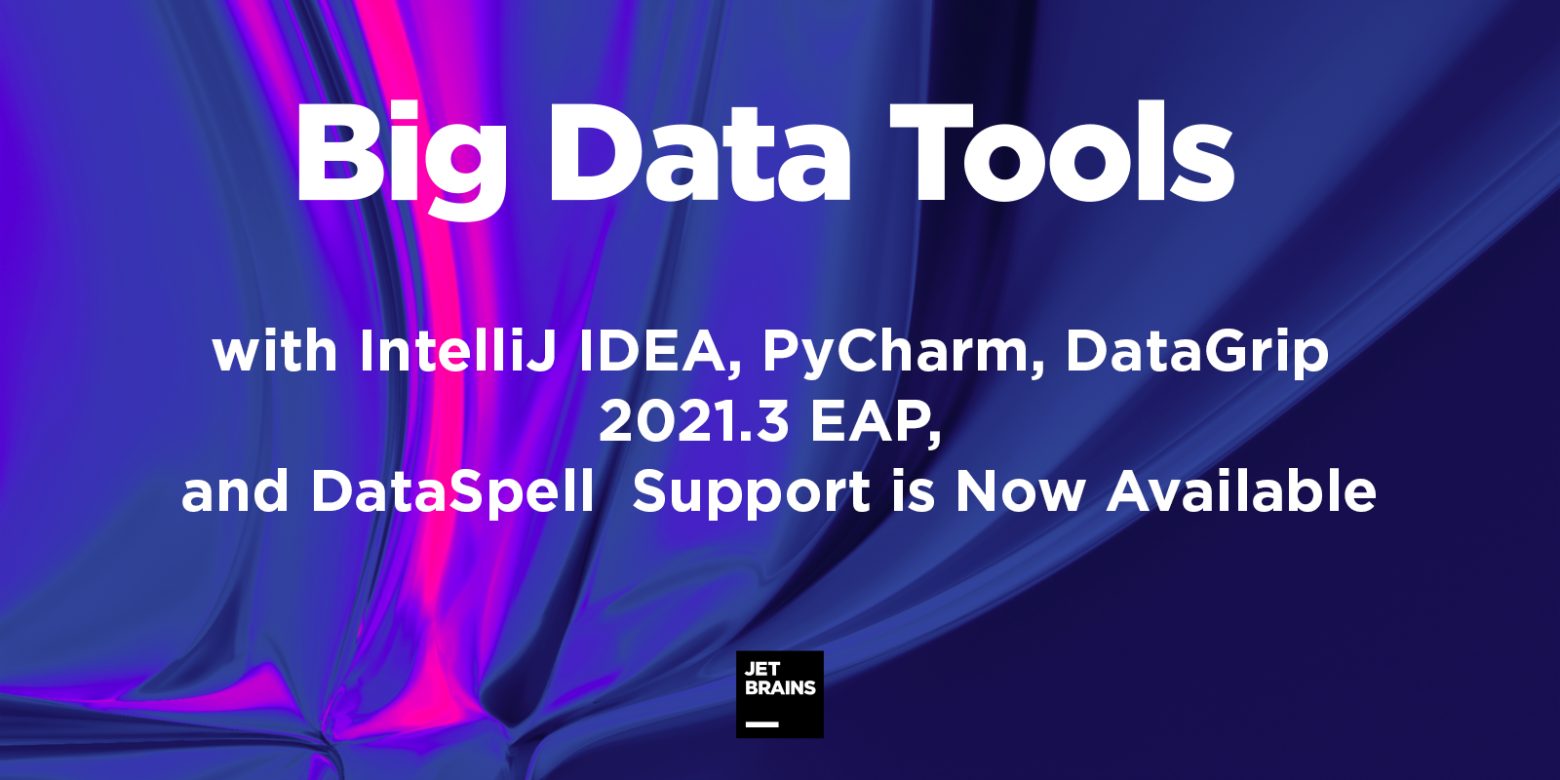
Recently we released a new build of the Big Data Tools plugin that is compatible with the 2021.3 versions of IntelliJ IDEA and PyCharm. DataGrip 2021.3 support will be available immediately after the release in October. The plugin also supports our new data science IDE – JetBrains DataSpell. If you still use previous versions, now is the perfect time to upgrade both your IDE and the plugin.
This year, we introduced a number of new features as well as some features that have been there for a while, for example, running Spark Submit with a run configuration.
Here’s a list of the key improvements:
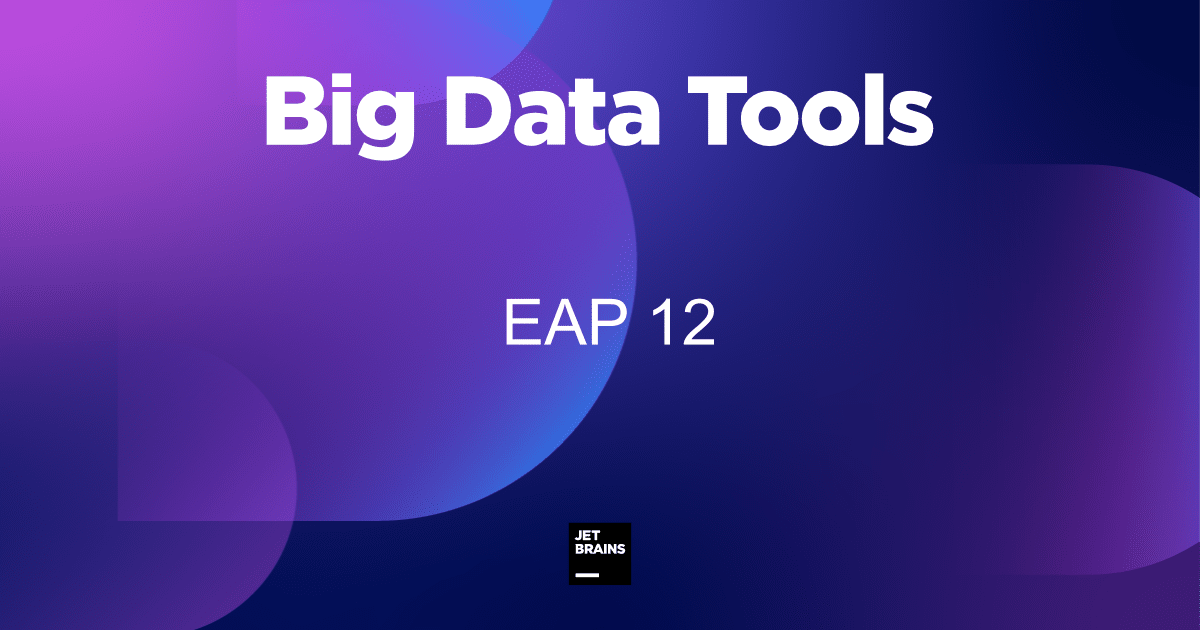
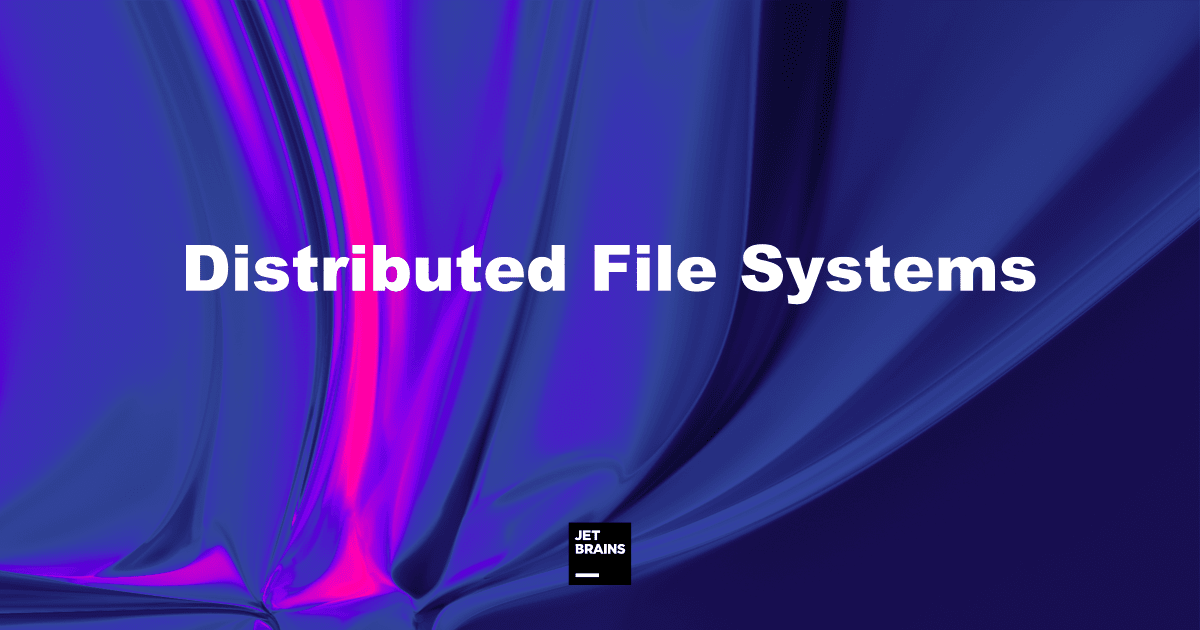
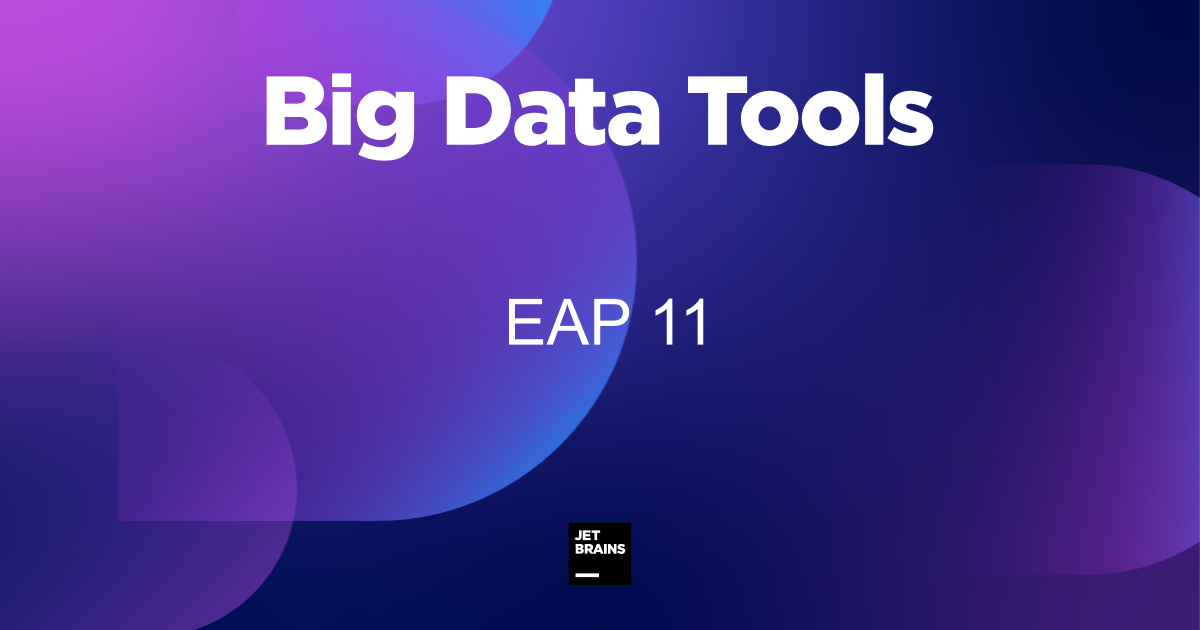
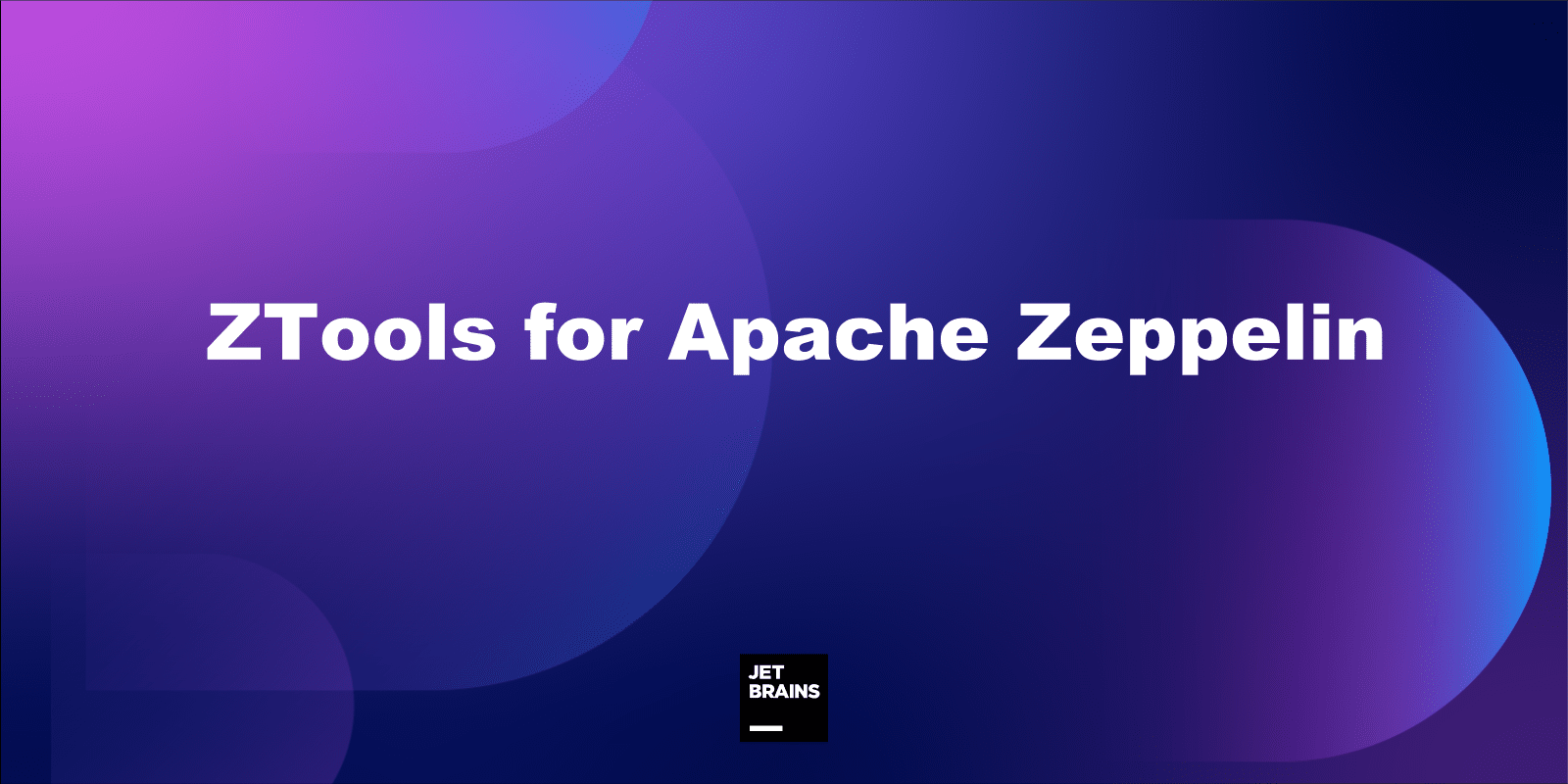
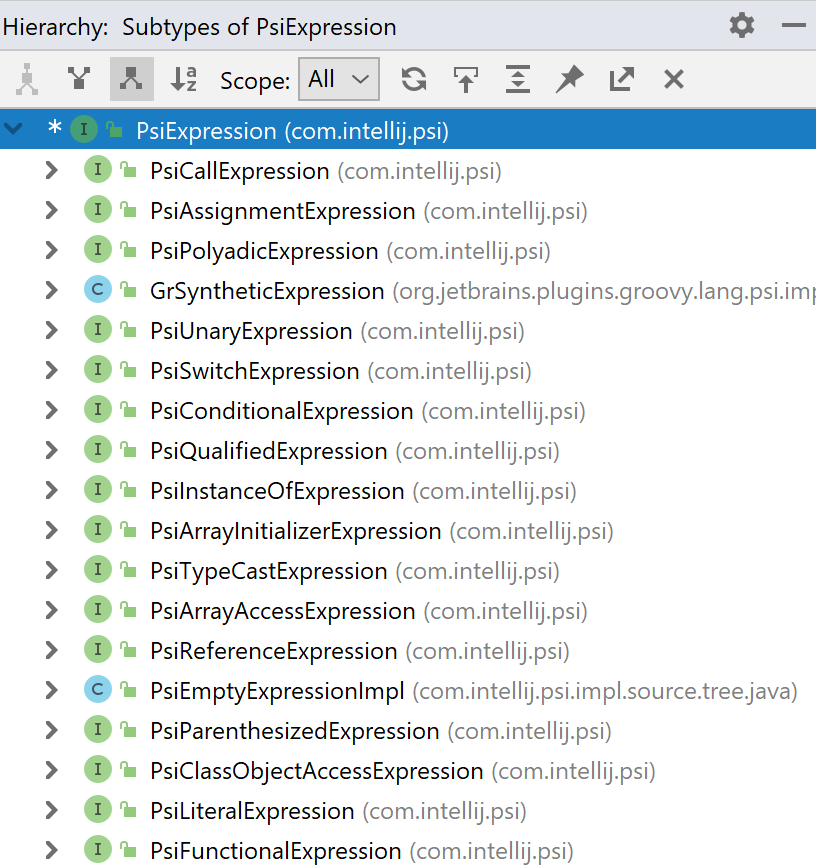 Code search and navigation are important features of any IDE. In Java, one of the commonly used search options is searching for all implementations of an interface. This feature is often called Type Hierarchy, and it looks just like the image on the right.
Code search and navigation are important features of any IDE. In Java, one of the commonly used search options is searching for all implementations of an interface. This feature is often called Type Hierarchy, and it looks just like the image on the right.